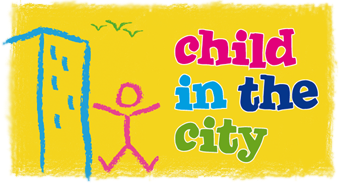In this round you have an opportunity to attend one of two break-out sessions to immerse yourself into the programme. Soon we will add information about other speakers in this round.
Session G – The implementation of children’s rights in urban planning, development and design
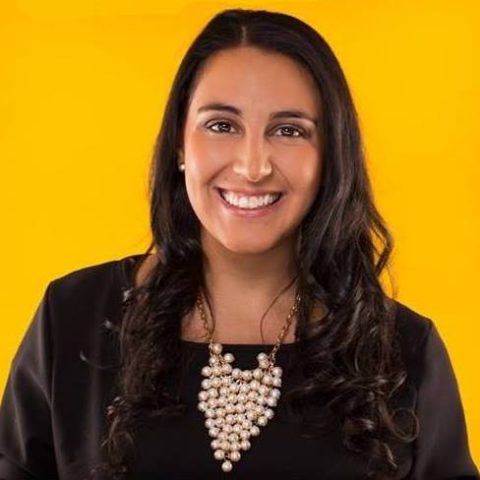
Placing child-friendliness at the core of the urban planning agendas
Viviana Cordero Vinueza, Lawyer and Urban planning specialist, Founding Member of Huasipichanga.
70% of children will be living in cities by 2050. Hence, there is increased attention to building child-friendly cities. While the existing research successfully provides evidence on the importance of urban planning in children’s development and providing spatial solutions to improve the built environment, why cities are still unfriendly to children remains a question to explore. The presentation shows the existing research on child-friendly cities and proposes future research in the governance of child-friendly cities. The study of the governance dynamics may be able to explain why cities are more or less child-friendly. Therefore, this presentation proposes a research avenue relevant for policymakers to overcome the barriers to implementing child-friendly spatial policies.
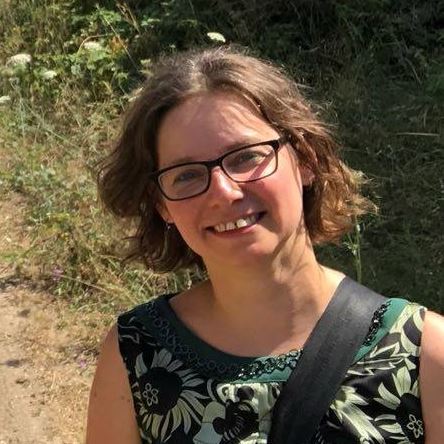
Active schools as key players to promote urban regeneration: a case study in Padova, Italy
Stefania Marini, Architect and Doctoral Researcher in Regional Planning and Public Policies at the University IUAV of Venice in Italy
According to the literature based on the right to the city and commons the city can be transformed into a co-city: an open and accessible infrastructure enabling citizens, encouraging commoning, and pooling practices. The schools can become central hubs for the urban peripheries However, in Italy, in urban regeneration studies, the role of the local scholastic institutions is often not primarily considered. This presentation addresses this gap focusing on a new school agency to promote urban and social regeneration, and simultaneously to support the voice and role of children and youths as citizens. Stefania will present the findings of the actions and the multi-stakeholders approach developed within this context, pointing out the strengths and the weaknesses.
 Children’s right to the City: how space becomes place
Children’s right to the City: how space becomes place
Frederico Lopes, Professor Faculty of Human Kinetics – Lisbon University, specialization in Motor Behaviour
Nowadays, the contemporary living environment has been largely affected by a large number of factors, which include rapid increase in urbanization and densification, decrease of physical activity, play, recreation and active mobility opportunities, augmented social inequalities and disparities in land use and spatial justice; and proliferation of shifting diets, climate change and technologies. The sociophysical environment design and its resources have been linked to promoting or hindering public health and well-being of citizens, including of children and young people. Moreover, the global and local pernicious effects of the COVID-19 outbreak has created additional restrictions for the use of public space amenities by youth. Therefore, it is urgent to exert a critical reflection on how friendly public space is adjusted to the needs and desires of younger citizens, how to involve these actors in participatory processes of co-sharing urban planning, and how to implement the necessary changes in the urban environment to enable children’s and youths claim, actualization and authorship of urban places.
Session H – Corona and the neglect of children’s rights particularly in underprivileged areas
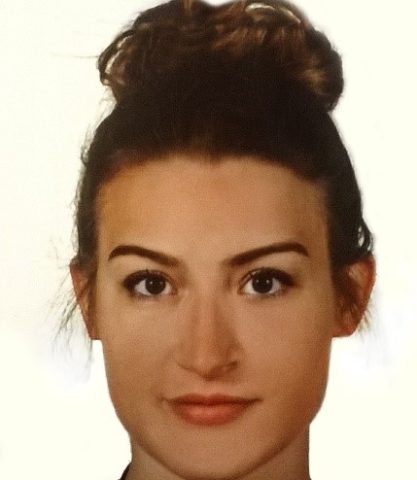
The playgrounds nobody talks about
Helena Szewiola, Faculty of Architecture of Silesian University of Technology in Poland, board member of ANTYRAMA Foundation
Helena will address the situation with playgrounds and considering children’s needs from an urban planning perspective in Poland. Places dedicated for children are often designed only to fulfill the legal requirements greatly influencing their quality. Currently, in times of Corona, access to public spaces, greenery and play spaces has gained increasing importance. Through lockdown, children have limited opportunities for social interactions, which are incredibly crucial for people of a young age.The presentation will showcase examples of unorthodox playgrounds in Poland, with a special interest in those created or used during the pandemic, due to the lack of other options available to children of mostly underprivileged areas.
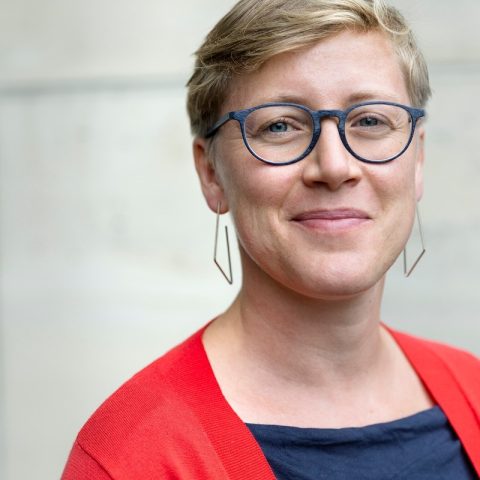 How children and young people in Flanders experienced the corona measures in May 2020: from voice amplifying to policy change
How children and young people in Flanders experienced the corona measures in May 2020: from voice amplifying to policy change
Sarah Meys, Flemish Office of the Children’s Rights Commissioner
The COVID-19 crisis has an enormous impact on the lives of children and young people. Yet their voices are not always heard in the public debate about the corona crisis. Often the real impact of this crisis on their everyday lives or the fact that their rights are being neglected are not taken into account by policymakers. This is particularly true for children and young people in vulnerable situations, such as children that are in need of protection against violence or children in asylum procedures. Therefore, the Children’s Rights Commissioner, the Children’s Rights Knowledge Centre and the Children’s Rights Coalition decided to organise a large survey in May 2020 among children and young people (8 – to 17- year-olds) in Flanders. The central questions were: What do children and young people think about the corona crisis and the measures taken? How do they experience them and what effect do the measures have on their daily lives and on how they feel? More than 44.000 children and young people completed the online survey, including those in vulnerable situations. The results show many are going through a difficult period. For the most vulnerable children, the measures against corona weigh even more heavily. This session will focus on a children’s rights perspective in understanding how COVID-19 influenced the lives of children and young people. It will furthermore highlight how these insights could enrich and guide (local) policy initiatives and how they have been used and perceived in Flanders.
 Children`s Rights and the Environment: A holistic and a Child`s Rights-based Approach
Children`s Rights and the Environment: A holistic and a Child`s Rights-based Approach
Odete Severino Soares, Senior Social Policy Adviser in the Ministry of Labour, Solidarity and Social Security in Portugal
The presentation will focus on the relationship between children`s rights and the environment, placing children`s rights and their best interests at the core of ambitious and concrete environment actions and policies with a holistic and child`s rights-based approach, including a clear definition of the obligations, responsibilities and responses to climate change of States guided by the four general principles of the United Nations Convention of the Rights of the Child (UNCRC) and other human rights instruments. It also provides an overview of the lasted developments in how children can be powerful environmental policy agents of change. Many children and young people have joined and strengthened the worldwide efforts for protection of the environment and realization of climate justice and the decision of the Committee of the Rights of the Child to develop a General Comment on the environment and climate.
